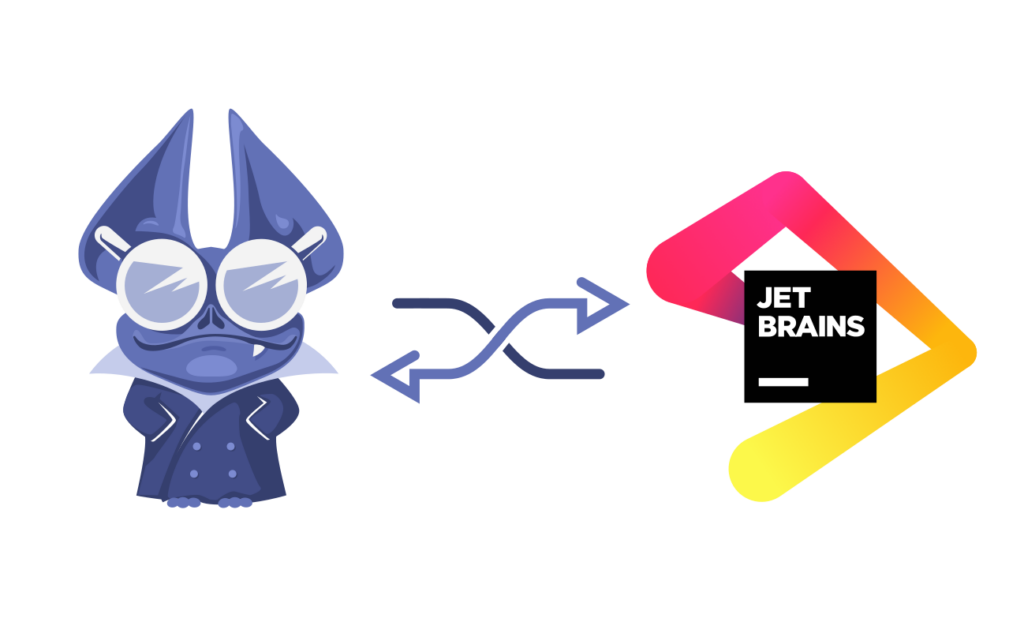The Digma Jebtrains plugin brings Continuous Feedback and observability to the IDE.

Flip a switch to start profiling your Java app

No need to worry about setting up observability. Digma transparently uses OTel to analyze code with a flip of a button, without the need for any code changes. Digma turns your observability data (traces, logs, and metrics) into insights.
Identify and fix performance issues in your code
The Digma JetBrains plugin profiles your code execution in runtime. It highlights bottlenecks, scaling problems, and query inefficiencies in your code. Making these integrated into your coding decision making.

See into Test and Prod when you’re still in Dev
Digma allows you to instantly see how a given function or method is doing in test or prod. Is anyone using it at all? How is the code performing?

Faster Feedback Cycle

Whether you’re investigating an issue or trying to understand how a complex piece of code works, the Digma JetBrains plugin allows you to see what the code is doing, live, without placing a single breakpoint. Digma is a continuous feedback platform that accelerates development cycles, especially in complex code bases. Digma integrates code insights into your IntelliJ IDE and dev tools so you can use them while coding.
Running locally with Digma jetbrains plugin

Digma runs locally on your machine and does not share any observability data with the cloud. You can feel secure running it on your personal or work projects without needing to share data outside your organization or network. Try Digma for free.
Tracing > Debugging
Debugging complex systems is hard and time-consuming. Digma includes visualizations, and even a built-in Jaeger to visualize traces and see what the code does. Using the Jaeger view, you can inspect a drill down to a specific. You can see specific insights in specific parts of the trace view and examine specific issues and insights whether in the code or outside of it.






